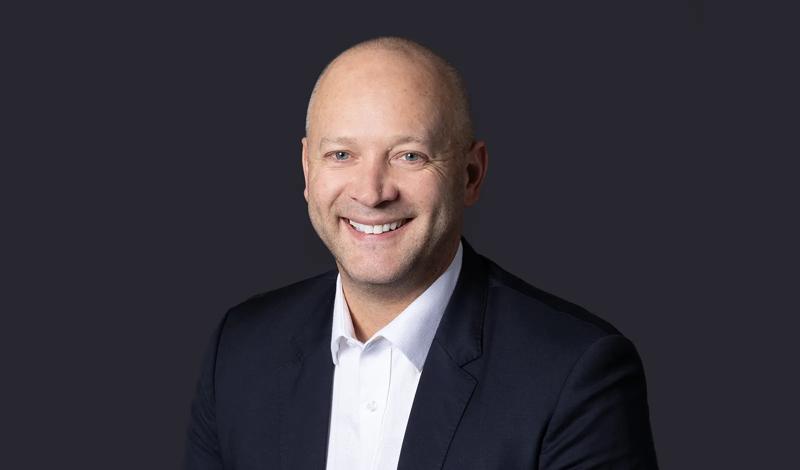Social Mobility Day 2025 takes place on 12 June, underpinned by the theme of #ShiftMindsets for better business.
For organisations across the UK, they face a key question: how do we move beyond good intentions to create real change?
What is the socio-economic duty?
The socio-economic duty, set out in Section 1 of the Equality Act 2010, has been dormant in England for over a decade but active in Scotland since 2018 and Wales since 2021. Labour’s manifesto during the 2024 general election pledged to finally implement it in England. This represents more than just regulatory compliance, but a fundamental change in how inequality is addressed.
The duty requires employers to reconsider not only who they hire but also how they define talent, potential and success. This is crucial because it moves away from narrow definitions of success towards a more inclusive understanding of opportunity. Rather than simply helping individuals 'climb the ladder' of social mobility, the duty challenges public bodies to consider if the ladder itself is fit for purpose, and if their systems and structures truly enable everyone to thrive, regardless of background.
What the socio-economic duty means for employers
For public sector bodies, the duty places a legal obligation to demonstrate ‘due regard’ to reducing socio-economic inequalities when making strategic decisions, going beyond box-ticking. This includes examining how policies, services and resource allocation decisions have different impacts on people according to their socio-economic background.
While the duty won’t initially apply to private sector employers, forward-thinking businesses already see social mobility as both a competitive advantage and a moral imperative. This is evident in the growing participation in the Social Mobility Employer Index and the rising number of organisations measuring their Class Pay Gap.
By prioritising socio-economic inclusion, these organisations are expanding their talent pools, driving innovation and economic growth, and contributing to a more equitable society.
Practical approaches that challenge traditional thinking
At Browne Jacobson, our journey began in 2016 when we removed minimum academic grade requirements – a social mobility intervention that opened doors previously closed to many talented individuals. Today, 65% of our training contract offers go to students from non-Russell Group universities – which typically comprise more undergraduates from lower socio-economic backgrounds than in Russell Group institutions – compared to just 10% in 2016. But this was just the beginning.
Since then, our experience both within our own firm and through working with other organisations, has revealed several effective approaches:
1. Rethink recruitment
Traditional recruitment practices often inadvertently favour candidates from privileged backgrounds. Review job descriptions for unnecessary requirements like specific university degrees for roles where skills matter more than credentials.
We've taken several steps to reframe our recruitment practices. We removed minimum academic grade requirements and anonymised application forms to reduce bias - graduates from lower socio-economic backgrounds now represent 43% of our intake, significantly broadening our talent pool.
We also use RARE's contextual recruitment system to assess candidates' achievements relative to their circumstances. This helps us identify potential that traditional metrics often overlook – for example, a student achieving strong A-level results while working part-time to support their family.
2. Create accessible career pathways
Support shouldn't stop at recruitment. Develop apprenticeship and mentorship programmes, paid internships and clear progression routes that don't rely on insider networks. Our FAIRE programme, launched in 2021, addresses the barrier of unpaid work experience by reserving at least 50% of placements for students from lower socio-economic backgrounds.
3. Measure and monitor progress
What isn't measured can't be improved. Collect socio-economic workforce data and track recruitment, retention and progression across groups. For example, if you have a lack of representation from working class people in leadership, it may signal barriers in your development or promotion processes.
The hidden barriers
True inclusion means addressing subtle biases that may persist throughout an individual’s career, not just during recruitment. While organisations often focus on obvious socio-economic markers – asking if candidates were first-generation university students or received free school meals, less visible barriers can be equally damaging.
Consider networking practices that rely on expensive client entertainment, or career progression that depends on after-work socialising. These seemingly neutral practices can exclude those who cannot afford to participate or have caring responsibilities.
We're working to tackle bias at all levels through partnerships like our collaboration with recycled fashion charity, White Rose, to provide smart business attire to young professionals, and our Knowledge Transfer Partnership with the University of Nottingham to address accent bias – which research shows can significantly affect career outcomes.
This reflects the necessary mindset shift: moving from asking how we help people fit in to creating environments where authentic selves can flourish.
Building collaborative networks
The scale of this challenge requires collective action. Through our ongoing social mobility incubator series, over 150 employees from more than 100 organisations have joined sessions where we openly discuss both successes and failures, recognising that sustainable change comes through shared learning.
Our sessions support organisations at any stage of their social mobility journey. We focus on providing practical tips and bring in external speakers with expertise on areas such as recruitment, data collection and influencing senior leadership to help attendees design and deliver a robust social mobility strategy.
From compliance to culture
Creating truly inclusive environments requires ongoing effort, uncomfortable conversations and sometimes fundamental changes to how we operate. Real progress means moving beyond seeing social mobility as something we do for others, towards recognising it as essential for creating organisations that reflect and serve their communities.
The socio-economic duty may provide the legal framework, but real transformation happens when we view diversity not as a box to tick, but as a source of strength, innovation and genuine progress.
Contact

Grace Osborne
Senior Social Mobility Inclusion Manager
grace.osborne@brownejacobson.com
+44 (0)330 045 2442

Tom Lyas
Head of Resourcing & Social Mobility
tom.lyas@brownejacobson.com
+44 (0)115 934 2031


































